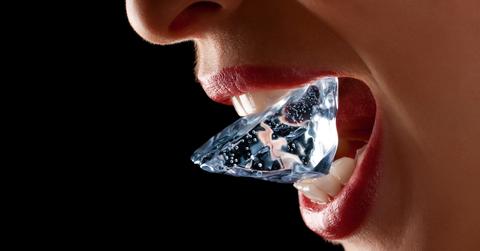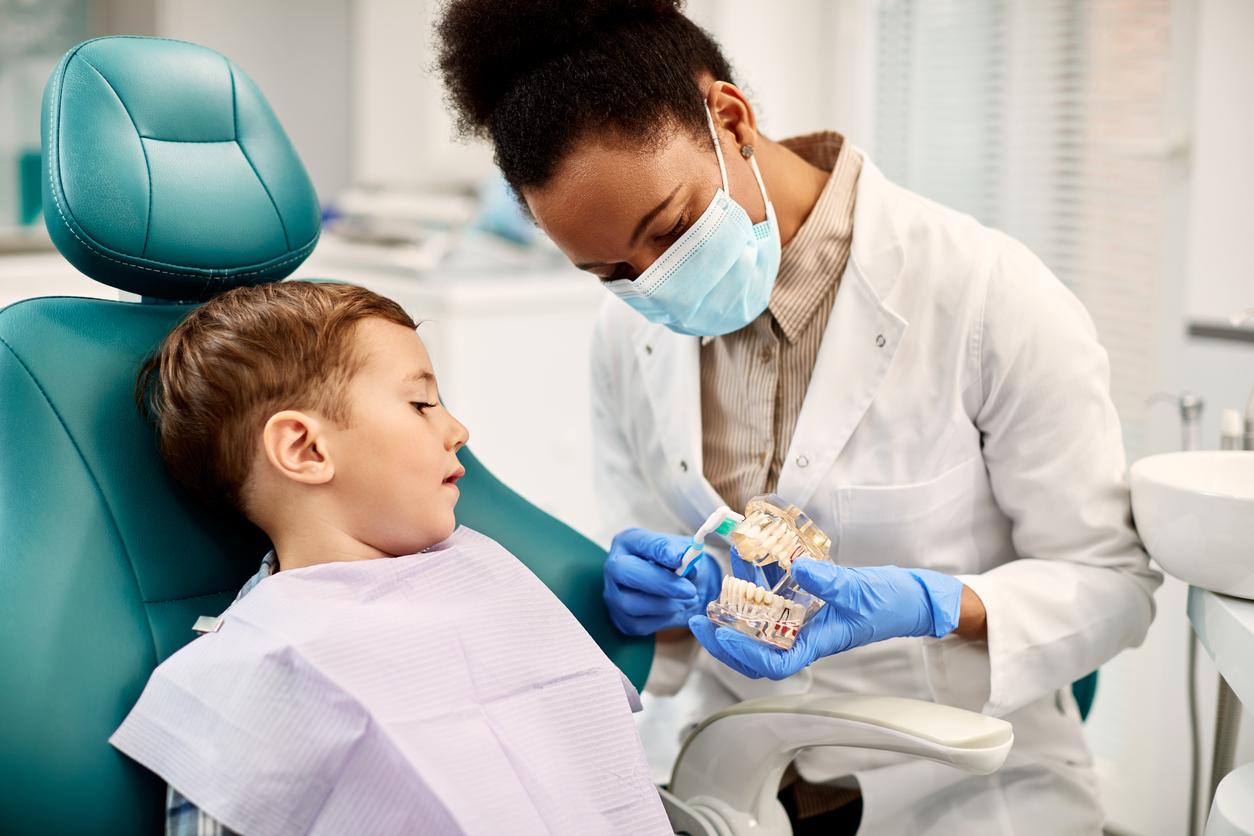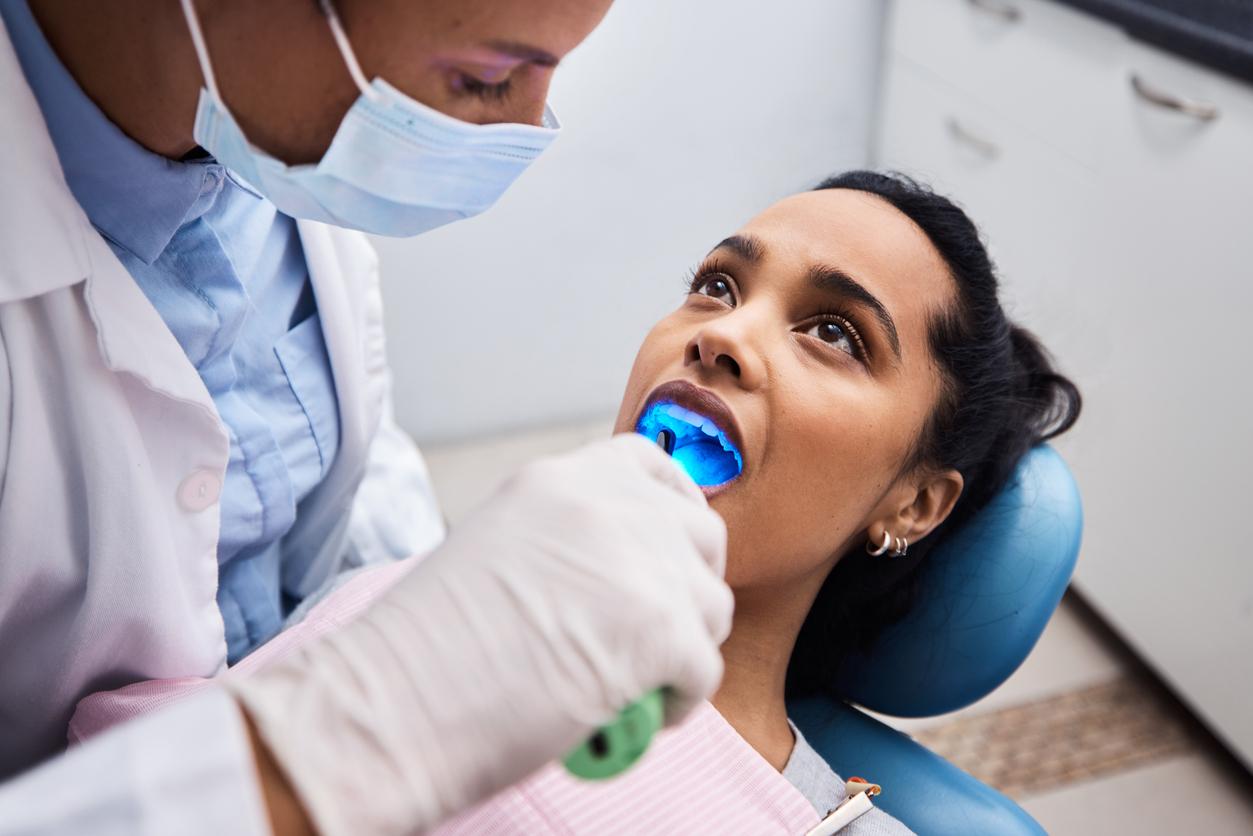Ice Chewing Is a Popular Habit, but Dentists Say It's Destructive to Your Oral Health
Craving and chewing ice can be more than a bad habit — it's also a symptom of both anemia and pica.
Published Feb. 22 2024, 1:05 p.m. ET

Dentists and public health officials agree that oral health is a window into one's overall health. So, it's natural to wonder if various dental care products and behaviors, like ice chewing, are safe and healthful.
As it turns out, some of our seemingly innocuous habits may indeed be harmful to our health, and according to most dentists, ice chewing is one of them.
If you notice yourself craving ice or are concerned about the damage that ice chewing may cause to your oral health in the short- and long-term, consult your doctor as soon as possible. In the interim, let's explore the ramifications of this popular habit.

Is chewing ice bad for your teeth?
According to the oral care brand Colgate, chewing ice is a poor habit that may cause cracked or chipped teeth and damage to the tooth enamel and gums.
While Colgate acknowledges that chewing on ice may provide enjoyment and a respite from the heat during the summer months, it may leave you prone to further issues.

Why is chewing ice bad for your teeth?
Per Colgate, ice chewing may leave teeth vulnerable to cavities and increase tooth sensitivity.
According to the University of Utah, for those who have had dental work done on their teeth to repair previous damage, ice chewing may, over time, contribute to the degradation of fillings.
Unfortunately, that's not all. According to the Cleveland Clinic, ice chewing has many dangerous consequences, such as breaking dental braces, and the force one uses to chew ice can lead to pain in the jaw.
For those of us who can relate all too well to the similarly destructive habit of grinding and clenching our teeth, the Cleveland Clinic advises that ice chewing exacerbates the potential damage that may occur.

What is pagophagia?
According to a 2018 study published in the National Library of Medicine, pagophagia, or compulsive ice chewing, is a form of pica and is diagnosable by a doctor. Pica is a medical term for an eating disorder that refers to craving (or consumption) of items that aren't food and do not hold nutritional value.
Per the National Eating Disorders Association, pica was first added as a diagnosis to the DSM-5 and is a frequent comorbidity with some other mental health diagnoses.
One such correlation that medical professionals across disciplines observe is that ice craving and chewing are signs of anemia, according to the Cleveland Clinic.
“Whenever I see someone who is a chronic ice chewer, I refer them back to their primary care physician to have bloodwork done, especially to check iron levels. The ice chewing could indicate iron deficiency,” according to Dr. Karyn Kahn, per the Cleveland Clinic.
If you have recently noticed the craving to chew ice, or are already a frequent ice chewer, contact your doctor and dentist to ensure a comprehensive plan to address these concerns and receive the proper and necessary care.